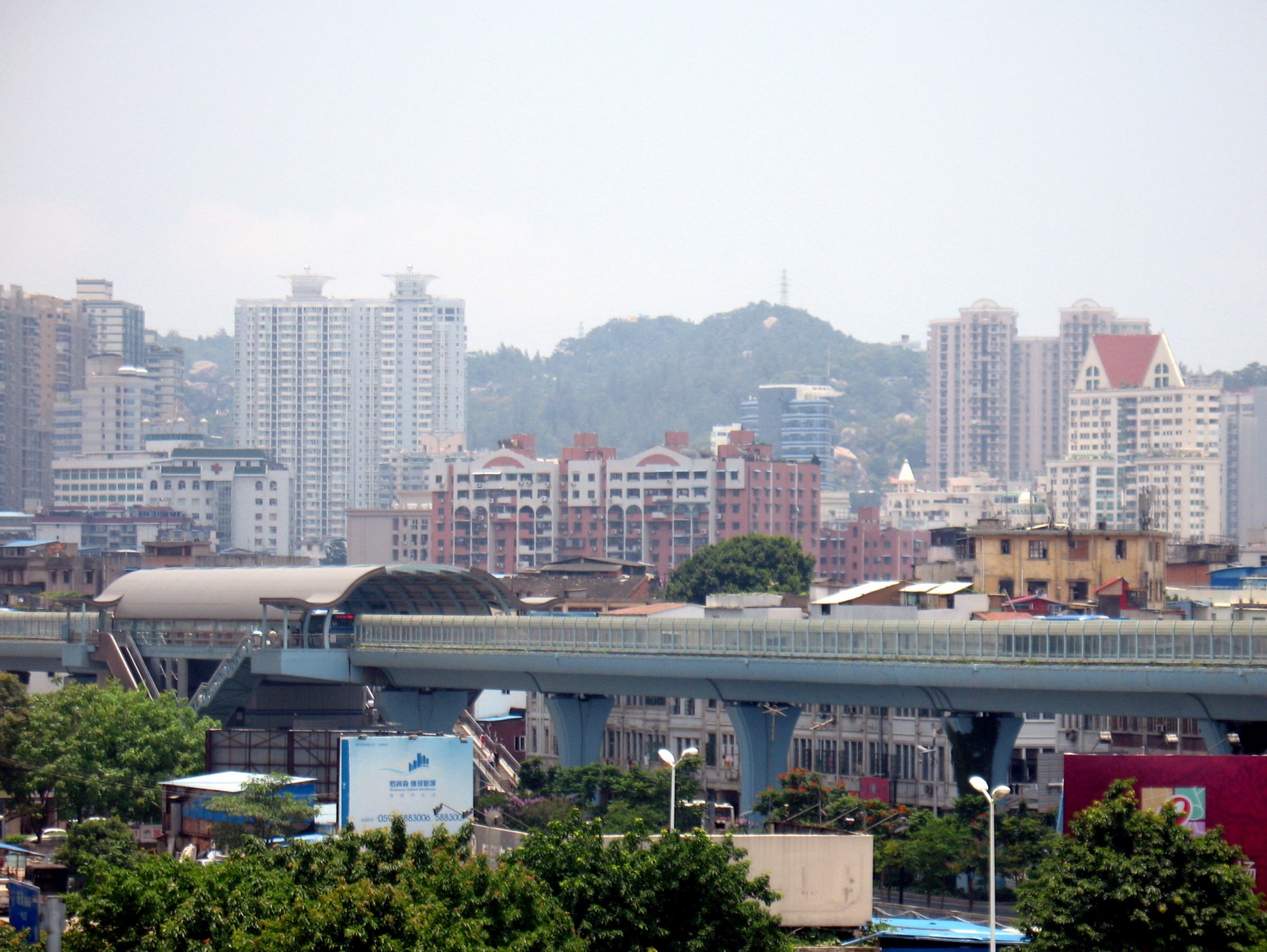The Institute of Urban Environment, Chinese Academy of Sciences, and ICSU through its Urban Health and Wellbeing Program successfully organized the workshop entitled“Future Earth Health Knowledge-Action Network Workshop” in Xiamen, China

On December 2-4, 2017, the Institute of Urban Environment, Chinese Academy of Sciences and ICSU through its Urban Health and Wellbeing Program organized the “Future Earth Health Knowledge-Action Network Workshop” in the city of Xiamen, China.
Around 30 health experts, city representatives, and key actors of the urban health agenda engaged in knowledge and actions for making cities healthier and more sustainable were invited to exchange challenges and opportunities in improving health outcomes in urban environments. Some of the participants were: Dr. Young-Guam Zhu, director of the Institute of Urban Environment; Franz Gatzweiler, ICSU’s Urban Health and Wellbeing Program director; Dr. Jose Siri, from the United Nations University; Dr. Manuel Limonta, ICSU ROLAC’s Regional Director, and others.
Thus 2-day workshop started with presentations from urban health policy makers bringing forth some of the challenges and successes needed to create healthy cities. Then, the second part of the workshop provided the scientific community the possibility of presenting about different achievements in addressing urban knowledge-action issues.
Dr. Manuel Limonta, Regional Director of ICSU ROLAC (El Salvador, C.A) attended this meeting and was asked to present on the Urban Health Salvadoran Model. Dr. Limonta addressed the audience and briefly presented a timeline of the work carried out by the ROLAC secretariat, along with the incredible support of the Ministry of Health and Wellbeing from El Salvador. In his presentation, Limonta explained, how after the creation of an interdisciplinary working group, composed buy an approximate of 14 governmental ministries, the urban health agenda is being tackled as a complex issue which relies on many different factors, and therefore, it should be addressed in the same way.
This workshop successfully allowed policymakers and scientists to set common grounds for the pressing needs of fast-growing cities, and issue a call for action for worldwide policy and science communities.